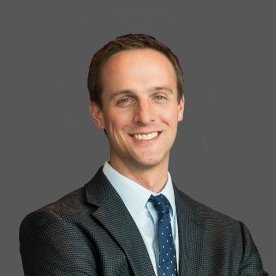Last week I attended Denver Institute’s healthcare forum. As a physician (dermatologist) I appreciated the three topics for the evening, all of which often gnaw at the heart of healthcare providers: (1) the state of the physician’s vocation; (2) justice and health equity, and (3) how we speak about death. Although seemingly disparate topics, a key theme ran throughout the evening’s discussion. We as Christian healthcare providers – physicians, nurses, educators, administrators – can find meaning and even hope as we interact with patients each day.
For example, Dr. Ray Barfield asked us to consider how we in the healthcare field can nurture a “fully human life” at the end of life, a difficult task at times in the midst of intensive care units full of technology and emotionally-charged conversations with patients and their families who are clinging to life. In the midst of those difficult circumstances, Dr. Barfield and other panelists and audience members reminded us that sincerity and compassion can allow providers and patients alike the opportunity to live most fully.
I was struck by Dr. Barfield’s insights about medical education and practice which elevates the importance of keeping “the molecules in motion” over the soul and humanity of the patient in front of us. Perhaps as we consider how to answer the questions raised throughout the evening, healthcare practitioners can seek inspiration in the writings of Emmanuel Levinas, a 20th century philosopher. While Levinas was not Christian, he emphasized that we encounter “the face of the Other,” and in so doing, consistently recognize and more importantly respond to the personal humanity in those that we encounter. Our patients are indeed more than “molecules in motion” - just keeping body parts working properly. They are fully human.
I also was moved by Dr. Abraham Nussbaum's presentation. As a psychiatrist, he examined an almost existential crisis in healthcare as tremendous numbers of physicians in particular express grave dissatisfaction with their work. One journal article after another reported high rates of depression and even suicidal ideation among those in the healthcare field which raised the question: Why do we even serve in this vocation, and how can we better find fulfillment in the work that we do?
He pointed us to a new (yet very old) motivation for our work. Instead of seeing the hospital as either an aircraft carrier - landing, fixing and then sending off patients - or a factory - assembling parts (molecules again!) in the right order - he led us to Matthew 25. Here Jesus instructs us to “see the other” and pointed to the Father’s blessing when we feed the hungry, clothe the naked, and care for the sick. For all of us who provide medical care to patients, encountering each person, patient, or community with this sense of personal compassion may help nourish our own souls and inspire us to find unmeasured joy in our vocation.

